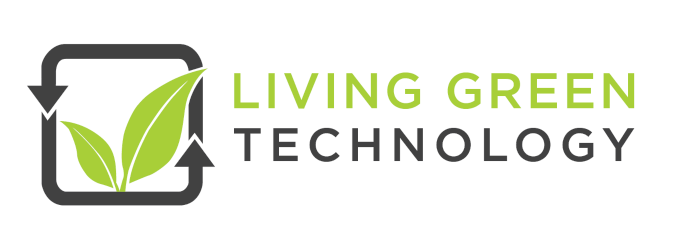How IoT Technology Makes for Smarter Waste Management
The hype that comes with the Internet of Things (IoT) means that more people are seeing its diverse uses - including ecological applications. And with environmental concerns becoming more apparent today, many are looking to this tech as a timely response to waste’s detrimental impact on the environment.
Fortunately, we are no longer dependent on traditional methods for waste disposal and management; we can use technology to improve our practices, cut costs, and keep our environment protected.
What is IoT Waste Management?
The Internet of Things (IoT) has led to emerging technologies in what’s called “smart waste management” - a movement toward more efficient and ecological waste prevention and removal. These technological advancements serve to cut the costs, environmental impact, and inefficiences of traditional waste management practices.
The IoT utilizes monitoring technology to collect data that can then be used to optimize waste collection and inspire future innovation. In fact, the Pew Research Center Internet Project indicates that 83% of experts think the IoT will improve the efficiency of waste reduction.
Today: “Waste” Requires a New Definition
The key to understanding the benefits of the IoT in waste management is to consider waste in terms of its larger, societal context.
We used to define “waste” as a by-product and inevitable component of industrialization. But in a world that has become dependent on production and consumption, waste has also become a consequence of our habits. Now, everything that has lost its value is waste – from a rotting banana to an outdated smartphone.
The Benefits of the IoT for Waste Management
The truth is that we have yet to come up with a waste management solution that puts this reality into the equation. This is where the IoT comes in.
1. IoT waste management cuts costs.
Using IoT technology, smart waste bins transmit their real-time fill level information to waste collectors. The IoT solution then uses the data and selects optimum routes for waste collection trucks. This leads to a pickup process that passes over empty waste bins, saving on transportation costs and humanpower.
2. IoT ensures fewer resources are wasted.
The IoT allows people to organize daily activities in a way that reduces excess. For example, wasting energy often happens because of human neglect. But with computers ensuring that no resource is wasted (e.g. smart thermostats), our carbon footprint can also be reduced. When applied to a society-wide level, the effects may be tremendous.
3. Smart technology leads to more efficient waste solutions.
IoT-based waste reduction starts with waste management, as the tech can let you monitor the type of waste you usually make. Oakland-based startup Mintscraps developed a system of sensors that can analyze and categorize the kinds of food that are usually left untouched. The collected data can be entered into the cloud, which is used to find solutions on what to do with waste.
4. IoT helps prevent e-waste.
Smart waste management with IoT is crucial not just for food, but also in handling special materials, like electronic waste (“e-waste”). For example, in Seattle, tech startup Recology has come up with an advanced sorting and recycling system that can handle a variety of materials. These IoT-based efforts are important contributions toward a systemic, long-term solution for waste reduction.
5. Smart tech means more efficient waste collection.
Waste collection is another field that already benefits from IoT developments. The traditional method is to send trucks to specific areas to pick up trash, but IoT-reliant technology like advanced mapping is now used to manage truck fleets better.
On their Truck Tracking page, Verizon Connect lists the benefits of advanced mapping, specifically, features such as real-time traffic updates and zooming to street level. It helps in improving efficiency by making the process of collecting and transporting waste faster.
6. Technology makes waste monitoring easier.
Today there are new developments in terms of actual waste monitoring. GovTech revealed that smart sidewalk bins will soon be installed in cities such as Boston, New York, and Pasadena, California. The bins are fitted with sensors that send fill level data to waste collection centers. Similarly, eco-tech startup Compology is working on a system that not only monitors dumpster capacity but also keeps historical usage information for eventual Big Data analysis.
The IoT Opens the Door to Smarter Waste Management Possibilities
All of these IoT-reliant solutions are opening up possibilities for better waste management and reduction. Many people are even saying that waste collection may become a big industry as multiple startups seek government support for their initiatives. This market is actually expected to grow from $57.6 million in 2016 to over $220 million by 2025.
As more cities push towards building smart cities, we at https://www.livinggreentechnology.org/ can only expect more IoT innovations for waste reduction.





Let Us Know What You Thought about this Post.
Put your Comment Below.